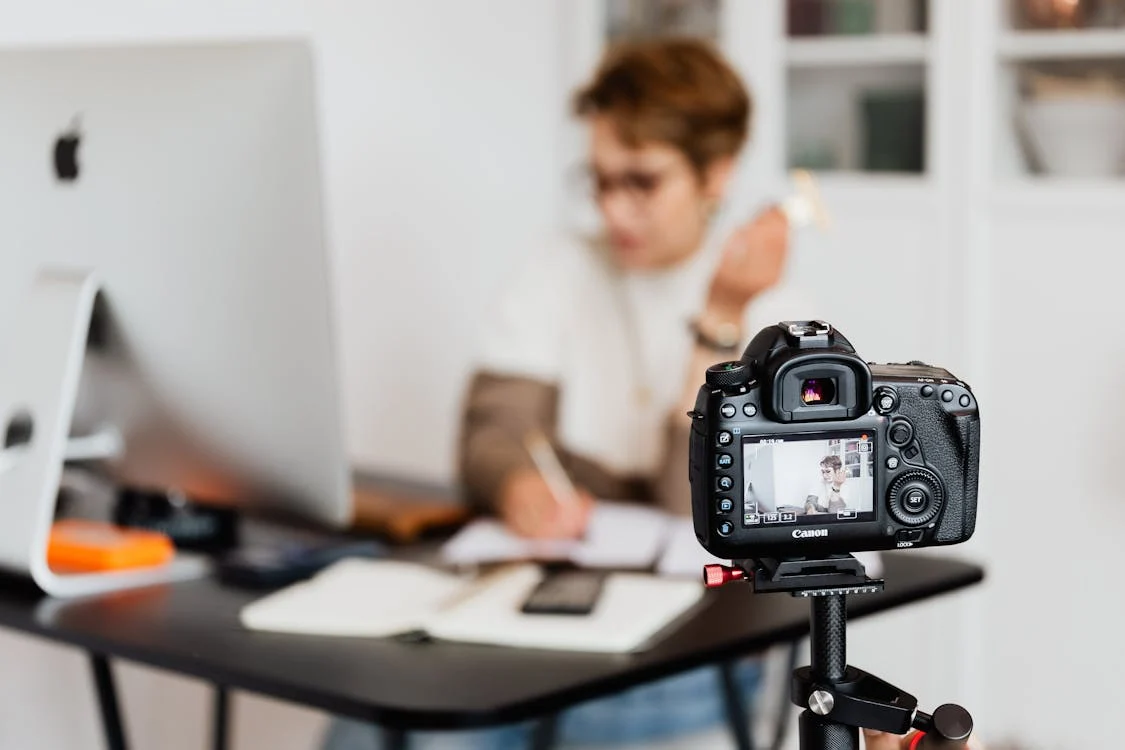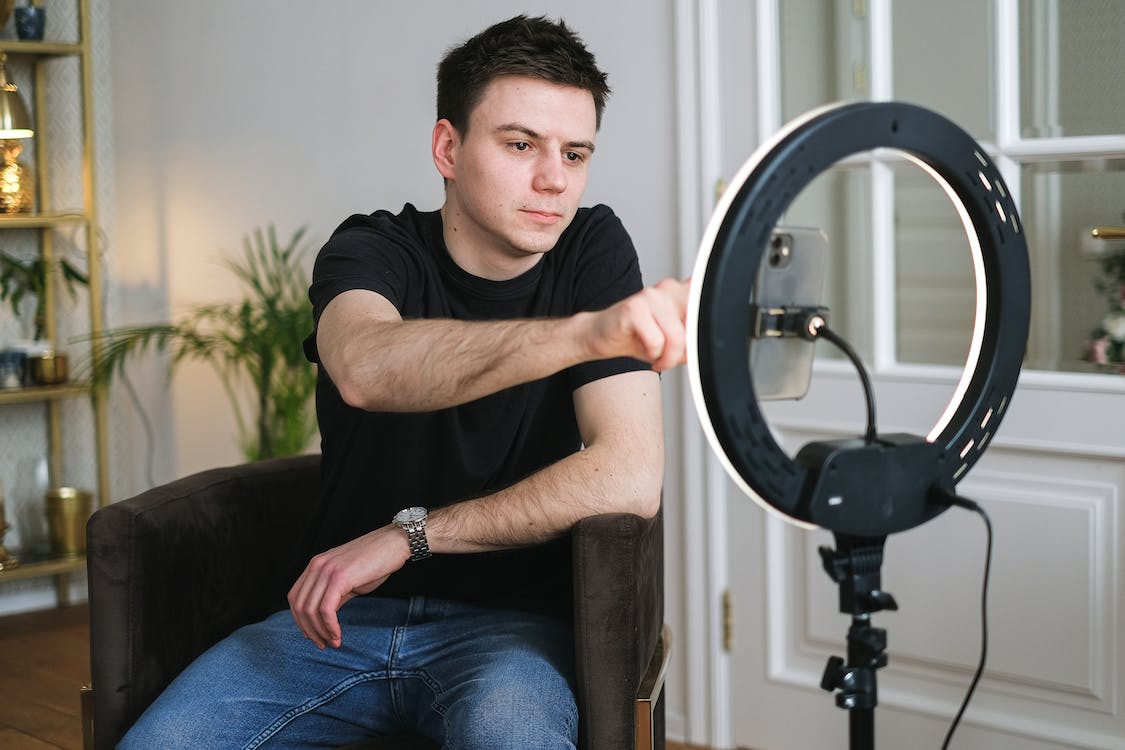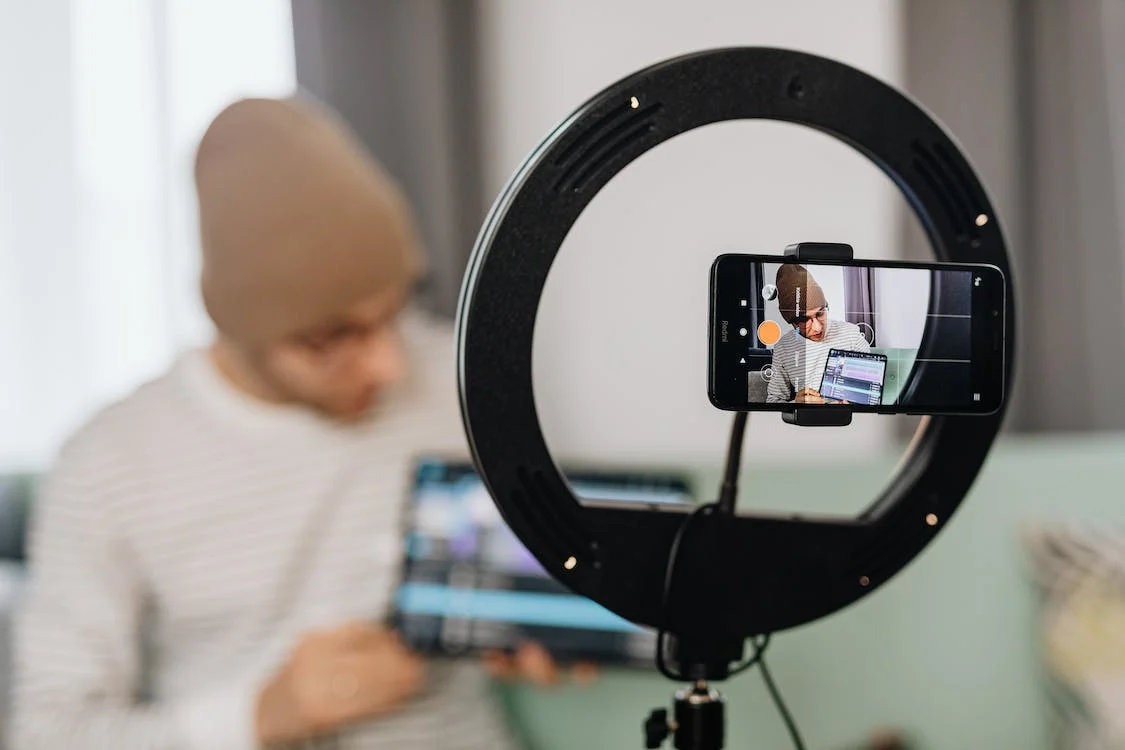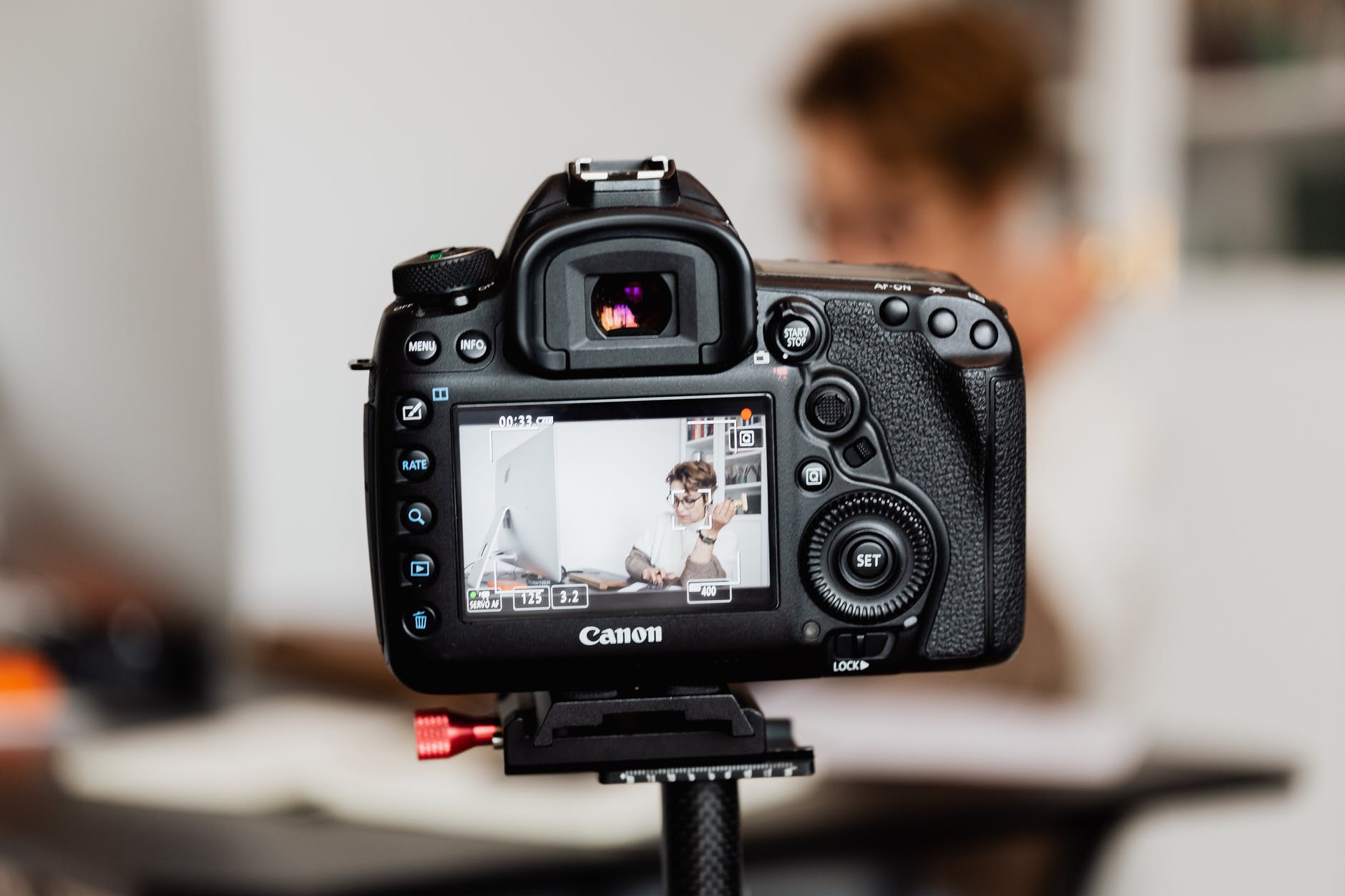Question:
Can I Use Props in Self-Tape Auditions?
(By Carmichael Phillips)

Question:
Can I use props in a self-tape?
Answer:
The short answer is yes, but with a few important considerations. While props can help bring a scene to life and make your performance feel more natural, they should be used thoughtfully and sparingly.
RELATED: How to Find Readers for Self-Tapes?
Less Is More
 (Photo: Anna Shvets | Pexels)
(Photo: Anna Shvets | Pexels)
While props can help enhance your performance, it’s essential to remember that the casting directors want to see you, not be distracted by an overuse of props. Your performance, expressions, and emotions should be the focus of the tape. Any props you decide to use should be minimal and unobtrusive, complementing your performance rather than overshadowing it.
Tip: Use simple, everyday items that don’t distract from your acting. If a scene calls for a cup, use a plain mug. If you’re supposed to answer a phone, using a small object or miming can work just as well without pulling focus away from your performance.
Choose Props That Are Integral to the Scene
Props can be a great tool when they are essential to the scene and help you stay connected to your character. For example, if your character is supposed to drink from a glass or read a letter, using a small prop can help you feel more natural in the role. The key is to use props that make sense and feel authentic within the context of the scene.
Tip: Only use props that are explicitly mentioned in the scene or are critical to your character’s actions. If the script doesn’t require any specific objects, it’s better to avoid unnecessary props.
Keep It Simple and Unobtrusive
 (Photo: Karolina Grabowska | Pexels)
(Photo: Karolina Grabowska | Pexels)
If you decide to use props, make sure they don’t interfere with your performance or cause distractions. Overly large or flashy items can pull attention away from your facial expressions and body language, which are crucial for connecting with the casting director. Stick to small, neutral items that don’t stand out too much.
RELATED: Where Can I Record a Self-Tape?
For example:
–Use a real pen if the scene calls for writing, but avoid a flashy or oversized pen that may take focus away from your performance.
–If you’re miming a phone call, using a small object like a phone or a remote control as a stand-in is fine, but avoid holding an actual landline phone unless it’s essential to the scene.
Avoid Noisy or Complicated Props
Props that make noise, are overly complicated, or require too much handling can be distracting. A prop that falls, makes unexpected sounds, or requires intricate use can break the flow of your performance and distract the casting director. For example, props like jangling keys, rustling paper, or anything that could cause you to fumble should be avoided.
Tip: If you choose to use a prop, make sure it won’t create extra noise or disrupt your scene. Always test the prop before recording to ensure it works smoothly and enhances, rather than detracts from, your performance.
Miming Can Be Just as Effective
If you’re unsure about using a prop, miming the action can be an excellent alternative. It’s often unnecessary to have a literal object to convey a certain action. For example, if your character is supposed to drink from a cup, you can easily mime drinking without the need for a real cup. Miming helps keep your performance clean and focuses on your acting rather than external elements.
Tip: Practice miming actions such as opening doors, holding a phone, or writing, and ensure that your movements look natural and fluid. Casting directors understand that self-tapes are limited in resources, and they are primarily focused on your acting abilities.
Pay Attention to Framing
 (Photo: Karolina Grabowska | Pexels)
(Photo: Karolina Grabowska | Pexels)
When using props, it’s important to keep them within the frame of your self-tape. Self-tapes typically require close-up or medium shots, so large or awkward props that move out of the frame can distract the viewer. Make sure any prop you use can easily fit within the frame without taking up too much visual space.
Tip: Before filming, check that the prop remains in the frame and doesn’t obscure your face or body language. Your performance should always remain the focal point.
Check Casting Instructions
Some casting directors may have specific guidelines about whether or not props are allowed in self-tape auditions. Always read the audition instructions carefully, as they may explicitly request that no props be used. Conversely, they may encourage actors to use certain items if it enhances the scene. Following the instructions is crucial for making a good impression.
Tip: If no guidelines are provided and you’re unsure about using a prop, it’s safer to keep it minimal or avoid props altogether unless they are essential to the character or scene.
Props can be a useful tool in self-tapes, but they should be used thoughtfully and sparingly. The main goal of a self-tape is to showcase your acting skills, so any props you use should enhance your performance rather than distract from it. Keep it simple, make sure the prop is essential to the scene, and always prioritize your acting over any external elements.



